Your Comprehensive Guide to Cybersecurity in 2024
The world is currently undergoing a significant technological revolution, where the internet has become an integral part of our daily lives. As our reliance on technology increases, so do the risks of the digital space.
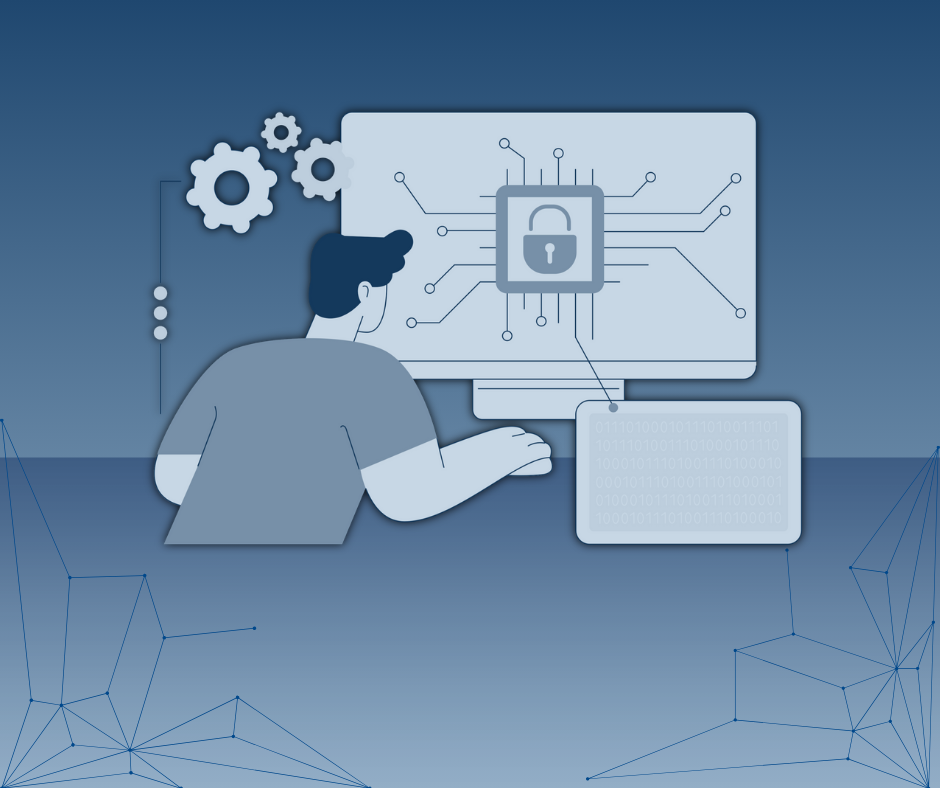
What is Cybersecurity?
Cybersecurity refers to a set of practices and technologies designed to protect systems, networks, and data from digital attacks. This includes safeguarding devices, software, networks, and data from unauthorized access, illegal use, alteration, or destruction.
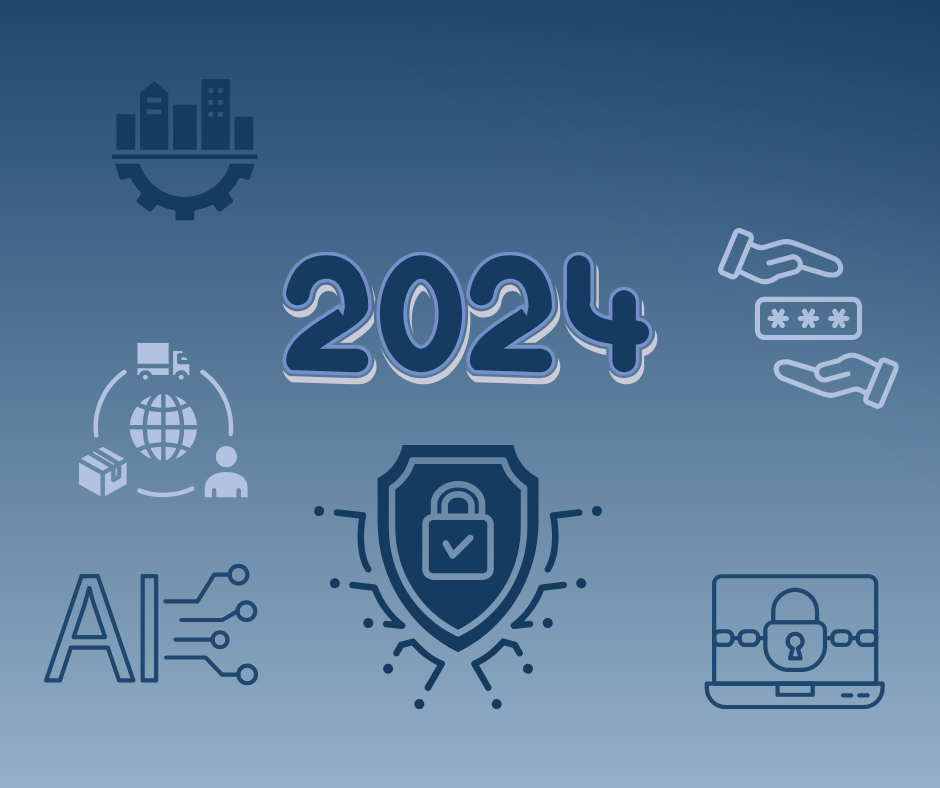
Objectives of Cybersecurity
· Protecting Data Privacy:
Prevent unauthorized access to personal or sensitive data.
· Ensuring Infrastructure Integrity:
Safeguard systems and networks from attacks that could disrupt services or damage data.
· Protecting Financial Assets:
Prevent theft, fraud, or unauthorized use of funds.
· Maintaining Institutional Reputation:
Safeguard the organization's reputation by preventing attacks that could lead to a loss of trust.
Why is Cybersecurity Important?
Cybersecurity is crucial for the following reasons:
1. Data Protection:
· Cybersecurity is essential for protecting personal and sensitive data from theft or unauthorized use.
· Cyberattacks can lead to the loss of financial data, customer information, or intellectual property.
2. Ensuring Infrastructure Integrity:
· Cybersecurity is necessary to protect systems and networks from attacks that could disrupt services or damage data.
· Cyberattacks can result in power outages, disruption of communication services, or shutdown of transportation systems.
3. Protecting Financial Assets:
· Cybersecurity is vital for preventing theft, fraud, or unauthorized use of funds.
4. Maintaining Institutional Reputation:
· Cybersecurity is essential for protecting an organization’s reputation by preventing attacks that could lead to a loss of trust.
· Cyberattacks can damage an organization's reputation and result in the loss of customers.
5. Protecting National Security:
· Cybersecurity is crucial for safeguarding national security from attacks that may target critical infrastructure or government systems.
· Cyberattacks can destabilize a country or harm its economy.
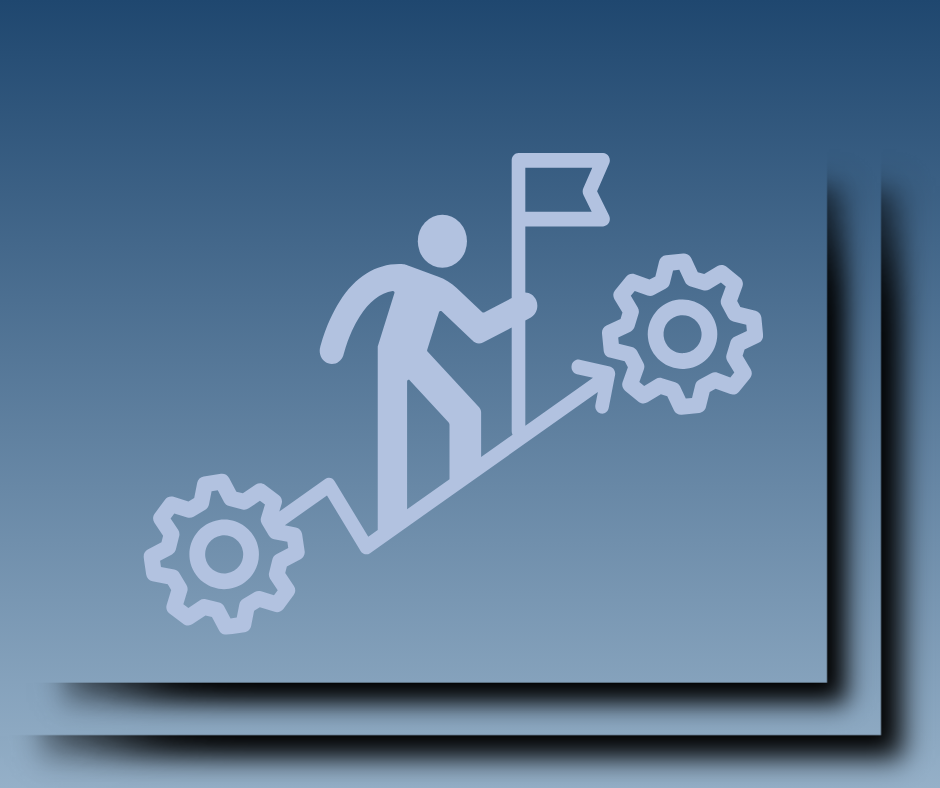
Top Threats in 2024
Cyber threats are continually evolving, making it essential to stay informed about the latest risks you may face in 2024.
Here are some of the key threats to be aware of:
1. Ransomware:
· Ransomware remains one of the most common threats, targeting both organizations and individuals.
· Experts expect ransomware to become more complex and dangerous in 2024, with an increased focus on critical infrastructure and essential services.
2. Supply Chain Attacks:
· Supply chain attacks are an increasing threat, targeting companies by going after their suppliers.
· These attacks can disrupt services, corrupt data, and steal sensitive information.
3. Attacks on Critical Infrastructure:
· Attacks on critical infrastructure pose a serious threat to national security, targeting systems and networks that support essential services like electricity, water, and transportation.
· Such attacks can lead to power outages, disrupt communication services, and halt transportation systems.
4. Social Engineering:
· Social engineering is an increasing threat that relies on manipulating and deceiving people to disclose sensitive information or take unsafe actions. These techniques can be used to launch ransomware attacks, steal data, or compromise accounts.
5. Artificial Intelligence:
· Artificial intelligence is a relatively new threat that can be used to execute smarter and more effective attacks. AI can create more sophisticated malware, identify vulnerabilities in systems and networks, and direct attacks with greater precision.
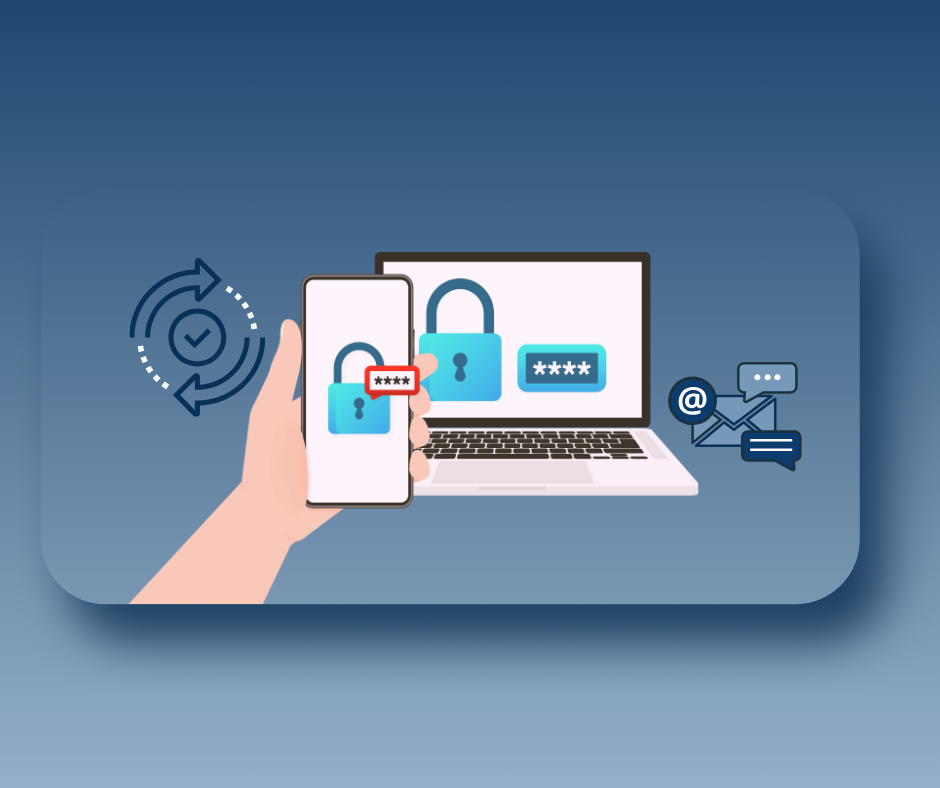
Best Practices for Protecting Yourself
Following best practices to protect yourself from cyberattacks is crucial in a world increasingly reliant on technology. Here are some essential practices you should follow:
1. Passwords:
· Use strong and unique passwords for each account.
· Avoid using easily guessable passwords such as birthdates or family names.
· Use a mix of uppercase and lowercase letters, numbers, and symbols in your passwords.
· Do not share your passwords with anyone.
2. Two-Factor Authentication
· Enable two-factor authentication whenever possible.
· Two-factor authentication requires you to enter a second code in addition to your password when logging in, enhancing the security of your accounts.
3. Software Updates
· Make sure to update your software regularly.
· Companies release software updates to fix security vulnerabilities.
· Regularly update your operating system, antivirus software, and other applications to maintain your device's security.
4. Antivirus Software
· Use antivirus programs and a firewall.
· Antivirus software helps protect your device from malware.
· A firewall helps protect your device from unauthorized attacks, providing an additional layer of security.
5. 7.Email
· Be cautious when opening suspicious emails and spam.
· Be wary of emails that ask you to provide personal or financial information.
6. Backups
· Keep backups of important data.
· This will help you restore your data in case of a cyberattack.
· Store backups in a secure, offline location.
· Education
· Educate yourself about online risks and how to stay safe.
· There are many resources available to help you learn how to protect yourself from cyberattacks.
· Follow the latest threats and best practices to protect yourself.
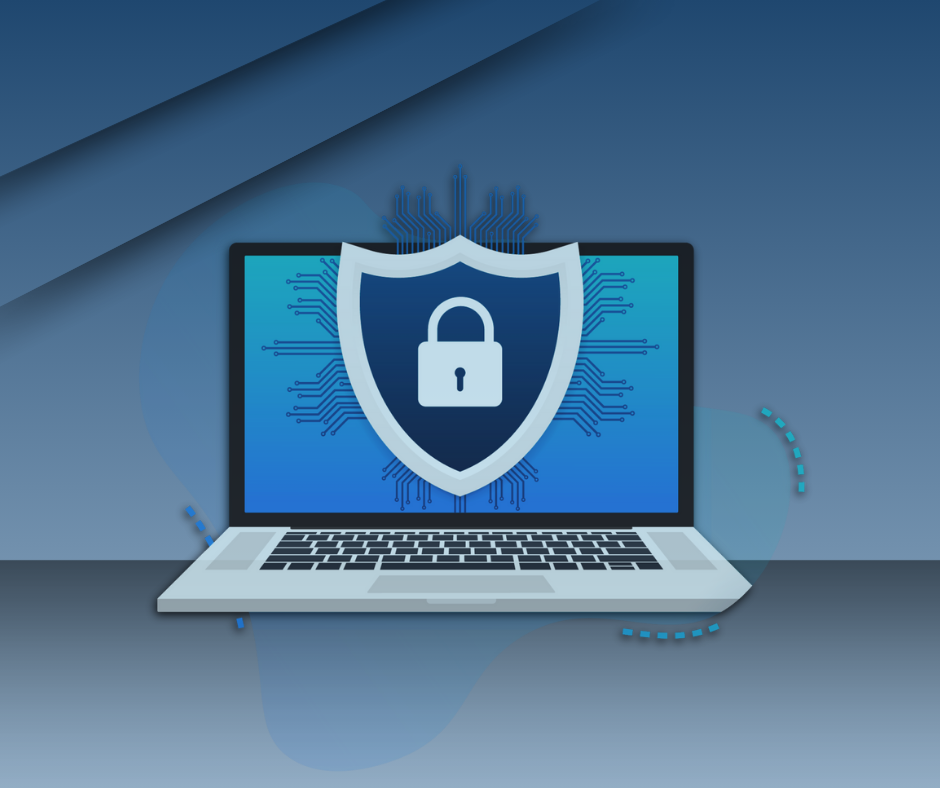
Tips for protecting your children
1. Communication:
· Talk to your children about the dangers of the internet and how to stay safe.
· Encourage them to ask questions and share their concerns with you.
· Listen to your children and be open and straightforward with them.
2. Supervision:
· Supervise your children's online activities.
· Place the computer in a public area where you can monitor its use.
· Use parental control software to manage access to inappropriate content.
3. Education:
· Teach your children how to create strong and unique passwords.
· Educate them on how to protect their personal information.
· Teach them how to deal with cyberbullying and inappropriate content.
4. Trust:
· Build a trusting relationship with your children.
· Encourage them to come to you if they encounter any problems online.
· Be supportive and understanding.
5. Tools:
· Use antivirus software and firewall protection.
· Utilize parental control programs to manage access to inappropriate content.
· Use safe search tools to prevent access to unsuitable material.
6. Role Model:
· Be a role model for your children in using the internet.
· Show them how to use the internet responsibly and safely.
· Be cautious about the information you share online.
Conclusion
By following the tips in this guide, you can protect yourself and your children from online dangers and significantly enhance your cybersecurity.

.webp)

